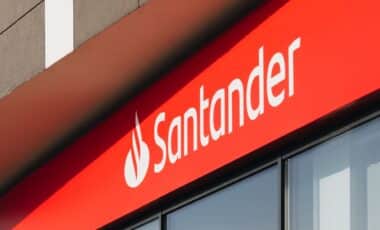Due to a protracted freeze on income tax thresholds, millions of households in the UK are preparing for increased tax bills. After being put into effect in 2021, this policy is now expected to affect a larger group of taxpayers, pushing many into higher tax brackets and raising the overall tax burden for both individuals and families.
Both taxpayers and financial experts have criticised the freeze, stating that it will reduce discretionary incomes and unfairly impact middle-class wages. The policy, which is in effect until 2028, emphasises the increasing difficulties that households are facing as a result of the rising cost of living.
Threshold Freeze Pulls Millions into Higher Tax Bands
Income criteria have not been updated for inflation because of the previous government’s implementation of a freeze on income tax thresholds as a budgetary measure. As salaries increase, more people are being pulled into higher tax bands. According to the Office for Budget Responsibility (OBR), this freeze will result in 3.5 million workers having to start paying income tax by 2025–2026. At the same time, 2.5 million people are anticipated to move into the 40% higher tax rate group, which applies to incomes over £50,270.
Furthermore, it is anticipated that an extra 400,000 individuals will reach the 45% additional rate level for incomes exceeding £125,140. The freeze is referred to as a “stealth tax” by experts. Sarah Coles, Head of Personal Finance at Hargreaves Lansdown stated: “More of us are taxpayers now, and more pay tax at higher rates. Gone are the days when being a higher-rate taxpayer was the preserve of the very wealthy – now, around a fifth of taxpayers pay higher or additional rates.”
Growing Financial Pressure on UK Households
This policy shift occurs at a time when rising living expenses are already causing hardship for many households in the UK. Household finances are being further squeezed by rising energy costs, mortgage rates, and other daily expenses. According to critics, freezing thresholds make these issues worse by essentially raising millions of people’s tax burdens without really raising tax rates.
A Treasury spokesperson defended the measure, stating that it has been instrumental in protecting payslips from tax hikes while maintaining fiscal discipline. However, opposition figures like Sir Keir Starmer have highlighted the strain on ordinary families, calling for alternative solutions to address the economic fallout. “We can’t just tax our way out of the problems that they (the Conservatives) left us, which is why we put in place tough… spending decisions.” Starmer noted, referring to the previous government’s financial policies.
As the freeze remains in place until 2028, financial advisors stress the importance of effective tax planning to mitigate the impact on disposable incomes. With a fifth of taxpayers now paying higher or additional rates, generating tax-free income through savings and investments has become increasingly attractive for many.









